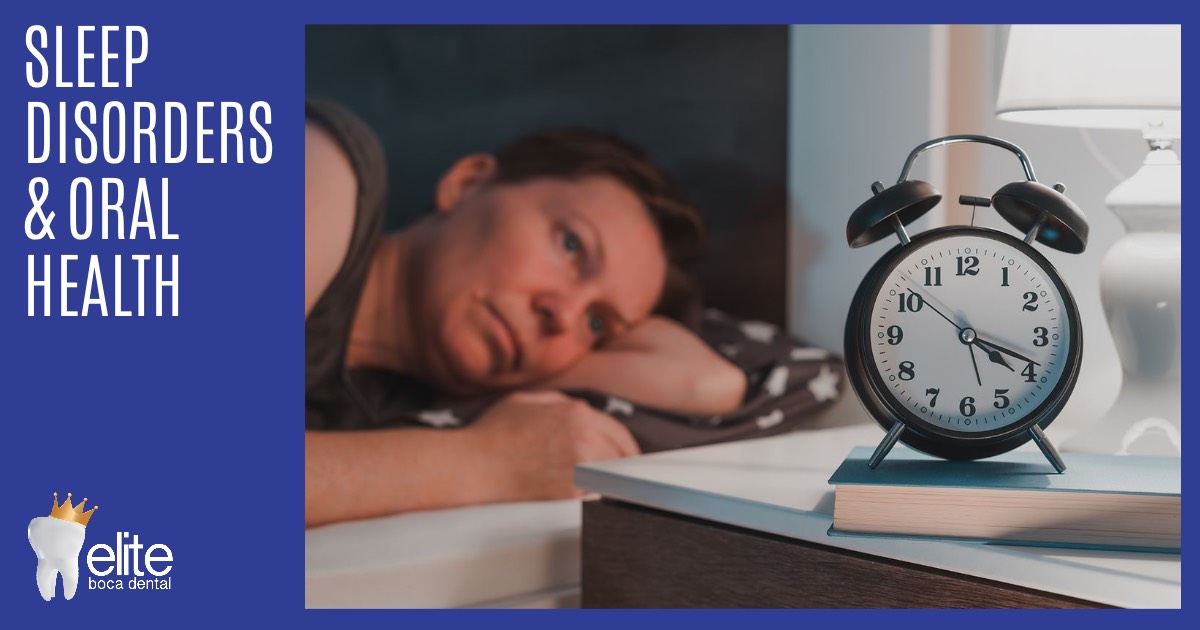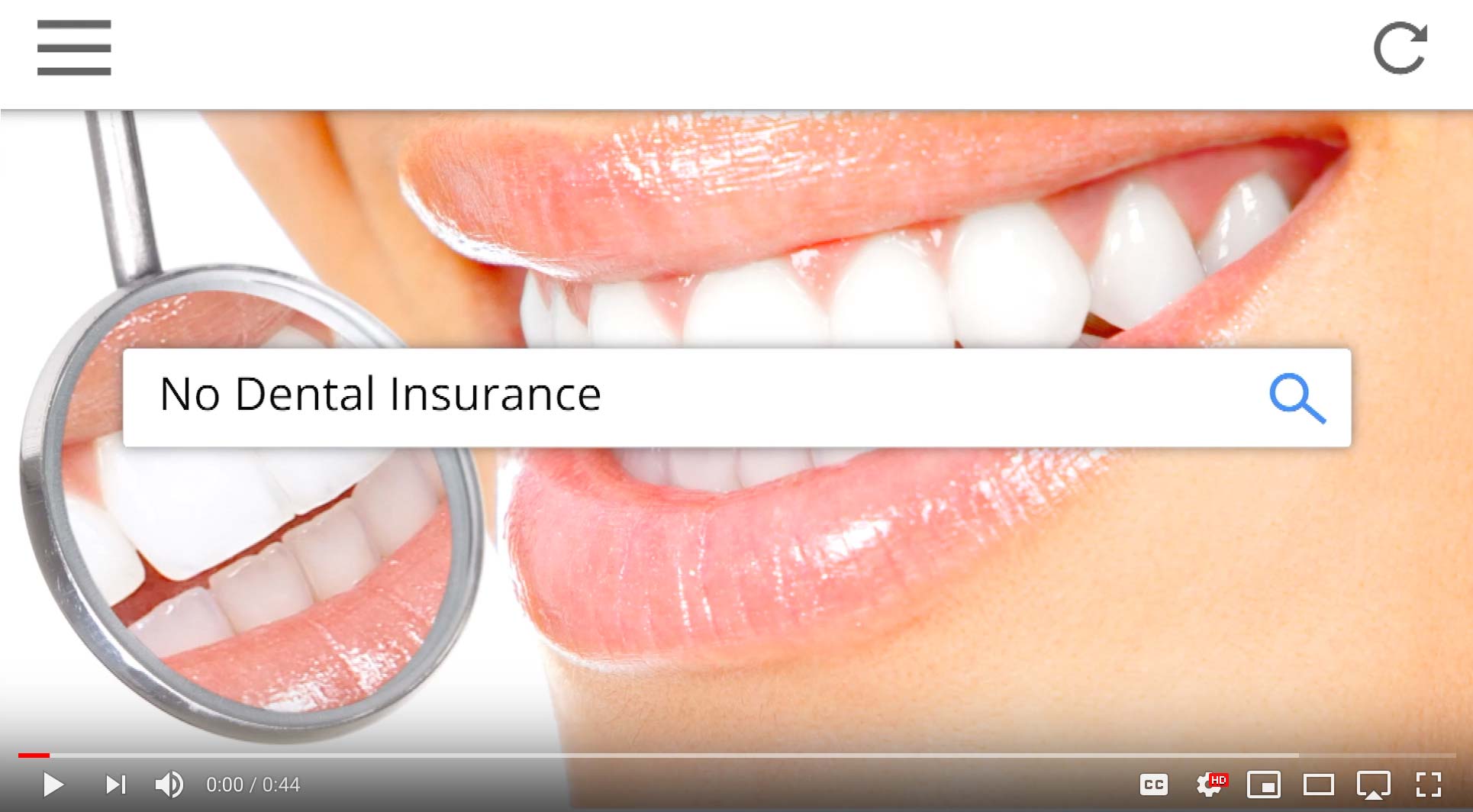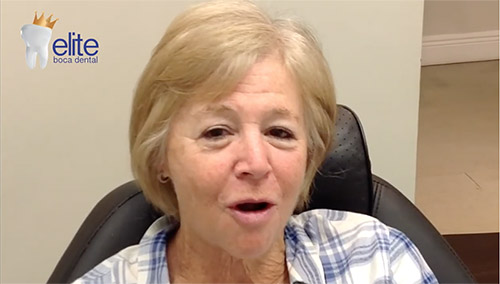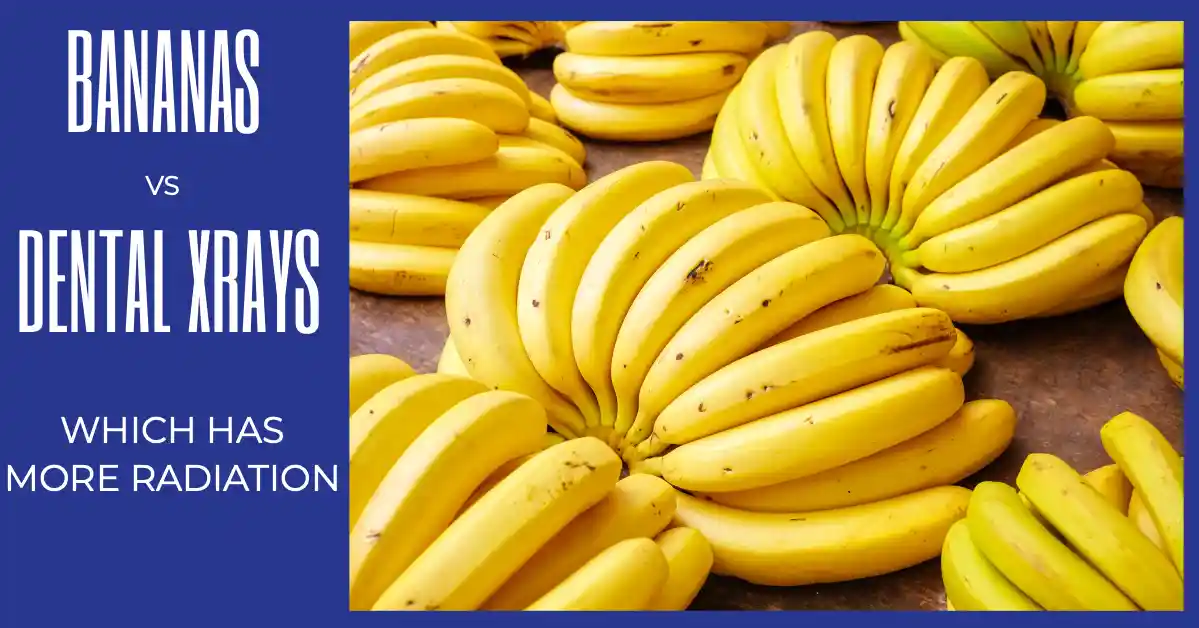
Prevent Sleep Disorders, and Keep Your Oral Health a Priority
The link between sleep disordes and your oral health is well documented. When we battle to sleep, or worse, have a sleep disorder we are unaware of, the outcome can be tragic. Our bodies need time to recoup from the active day, but so do our teeth and gums.
Research shows that 50-70 million American adults suffer from some form of sleep disorder.
Most people do not know the detrimental effects that this has on their oral health. Apart from not coping during the day, after a bad night’s rest, the long-term impact on your teeth and gums can also be detrimental to your overall health.
Some causes of a bad night’s rest can include insomnia, sleep apnea, and even social media addictions.
Insomnia
Insomnia affects up to 30% of the population. There are various reasons why people battle to get and stay asleep. Stress, a newborn baby, work concerns, etc., all play a role in our inability to get 8 hours of rest. And, of course, rest is essential to effectively working our immune system.
The issue with insomnia is twofold. Less sleep means less saliva production, critical to healthy teeth and gums.
Night eating syndrome is well documented. It leads to indigestion and weight gain, and very few night snackers re-brush their teeth before heading back to bed. Another consequence of insomnia is midnight snacking.
Sleep Apnea
Obstructive sleep apnea occurs when your airway is partially or fully closed while you sleep. When this happens, oxygen levels drop, and you wake up without remembering.
As your airway closes, most people tend to breathe through their mouths. This consequence is terrible breath and grinding and can even result in changes in your facial structure because of clenching and grinding.
If you wake up with a dry mouth, you may want to get tested for a sleep disorder called sleep apnea. There are devices that you can make use of that can change the quality of your sleep.
Speak to your dentist about retainers to reduce grinding and protect your teeth long-term.
Social Media Addiction
Consumers swapped out magazines and books for cell phones between bed and sleep. The blue light emitted by your cell phone screen restricts your natural melatonin production. Melatonin is the hormone that controls your sleep-wake cycle. When your REM cycle is disrupted, your body takes longer to fall asleep. An easy fix is to keep your devices in another room and restrict use at least an hour before bedtime.
As your dental health professionals, your well-being is important to us. We are here to assist in your teeth whitening. Feel free to reach out and call the office should you have any concerns or questions at 561-482-7008.
Stay Up To Date, Follow us on Social Media.
Share This Story, Choose Your Platform!
continue reading
Related Posts
The debate about fluoride in drinking water has been making headlines, especially with more...
Radiation exposure is a common concern among dental patients when it comes...
Every year, a wave of gratitude sweeps across the nation on Freedom Day USA. It is a day...







Recent Comments